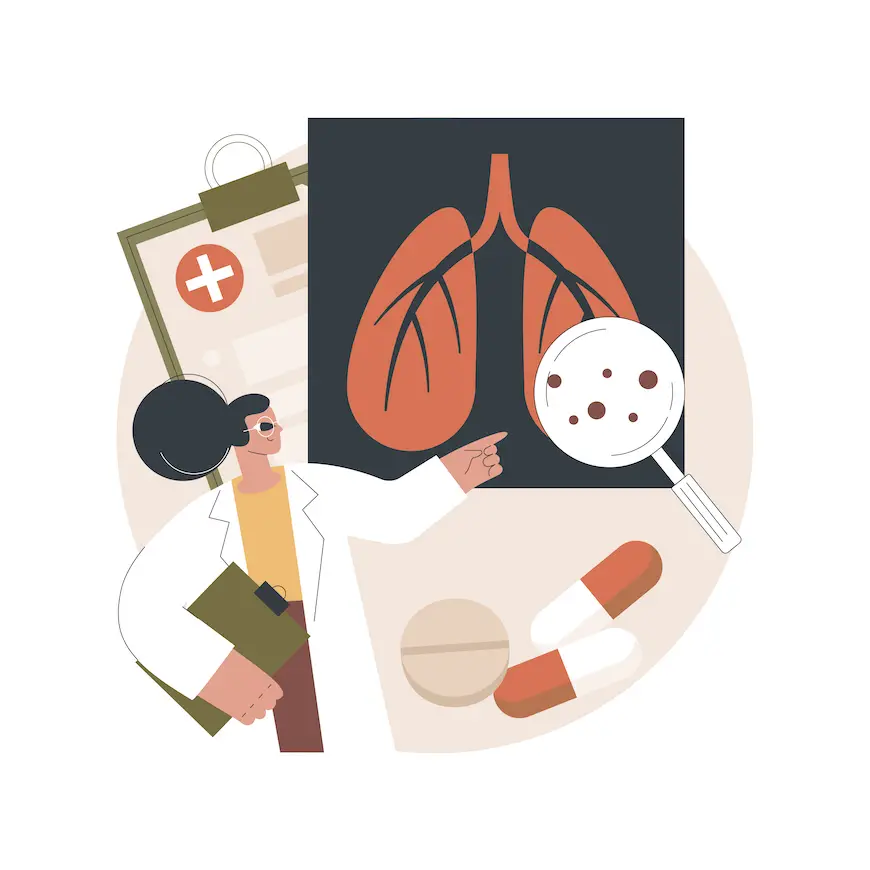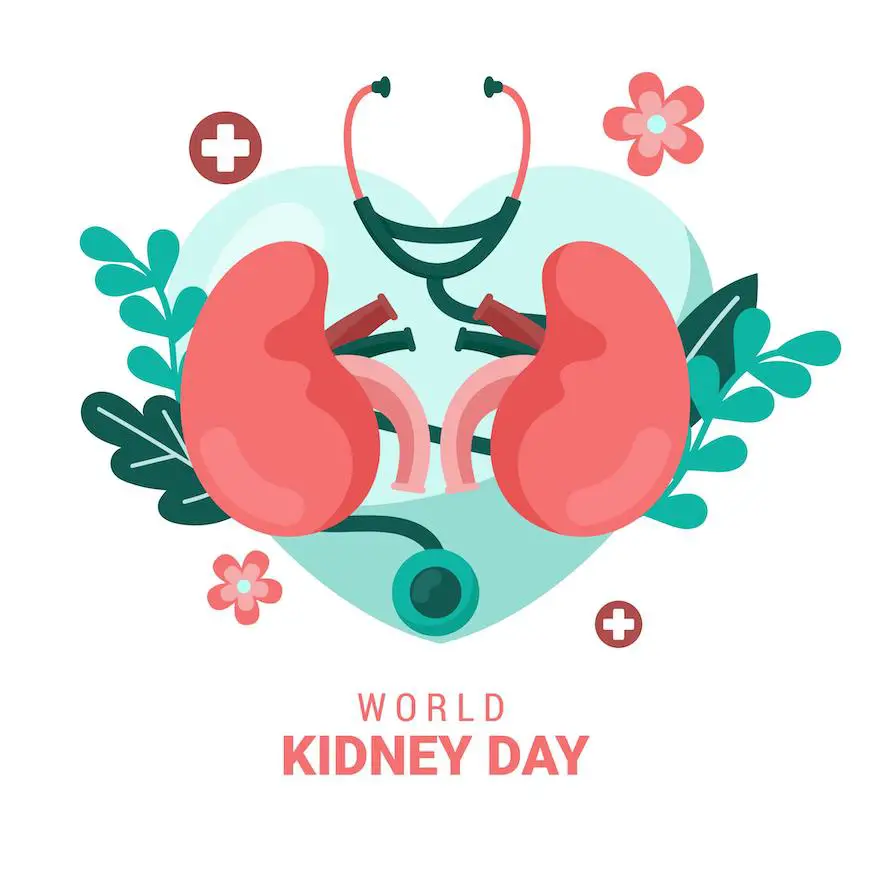Understanding Bipolar I Disorder and Schizophrenia

The Role of Psychotherapy
While medication addresses the biological aspects of these disorders, psychotherapy supports emotional and behavioral well-being.
Recommended Therapies:
- Cognitive Behavioral Therapy (CBT): Helps patients manage distorted thoughts and reduce distress.
- Family-Focused Therapy: Educates families on how to provide support.
- Psychoeducation: Helps patients recognize early warning signs and build coping strategies.
Combining medication like aripiprazole with therapy enhances treatment effectiveness and helps patients lead more fulfilling lives.
Breaking the Stigma
Stigma remains a major barrier for individuals seeking help for bipolar I disorder or schizophrenia. Misconceptions often lead to shame, discrimination, or isolation.By educating the public and promoting open dialogue, we can help normalize these conditions as treatable medical disorders, not personal weaknesses or moral failures.
Supporting a Loved One
If someone close to you has been diagnosed with bipolar I disorder or schizophrenia, your support can make a huge difference.
Tips for Caregivers:
- Be patient and nonjudgmental.
- Encourage medication adherence and therapy.
- Watch for signs of relapse.
Community resources, mental health organizations, and peer support groups can provide valuable guidance and encouragement.
Bipolar I disorder and schizophrenia are serious yet manageable conditions. Advances in pharmacology, like aripiprazole, offer hope for more stable, symptom-free living. With the right combination of medication, therapy, and social support, individuals can regain control over their lives and move toward lasting recovery.If you or someone you love is struggling with symptoms, don’t hesitate to seek professional help. Early intervention can change the course of these conditions for the better.
Read also: ADHD Symptoms: A Clinical Perspective on Recognition and Diagnosis






